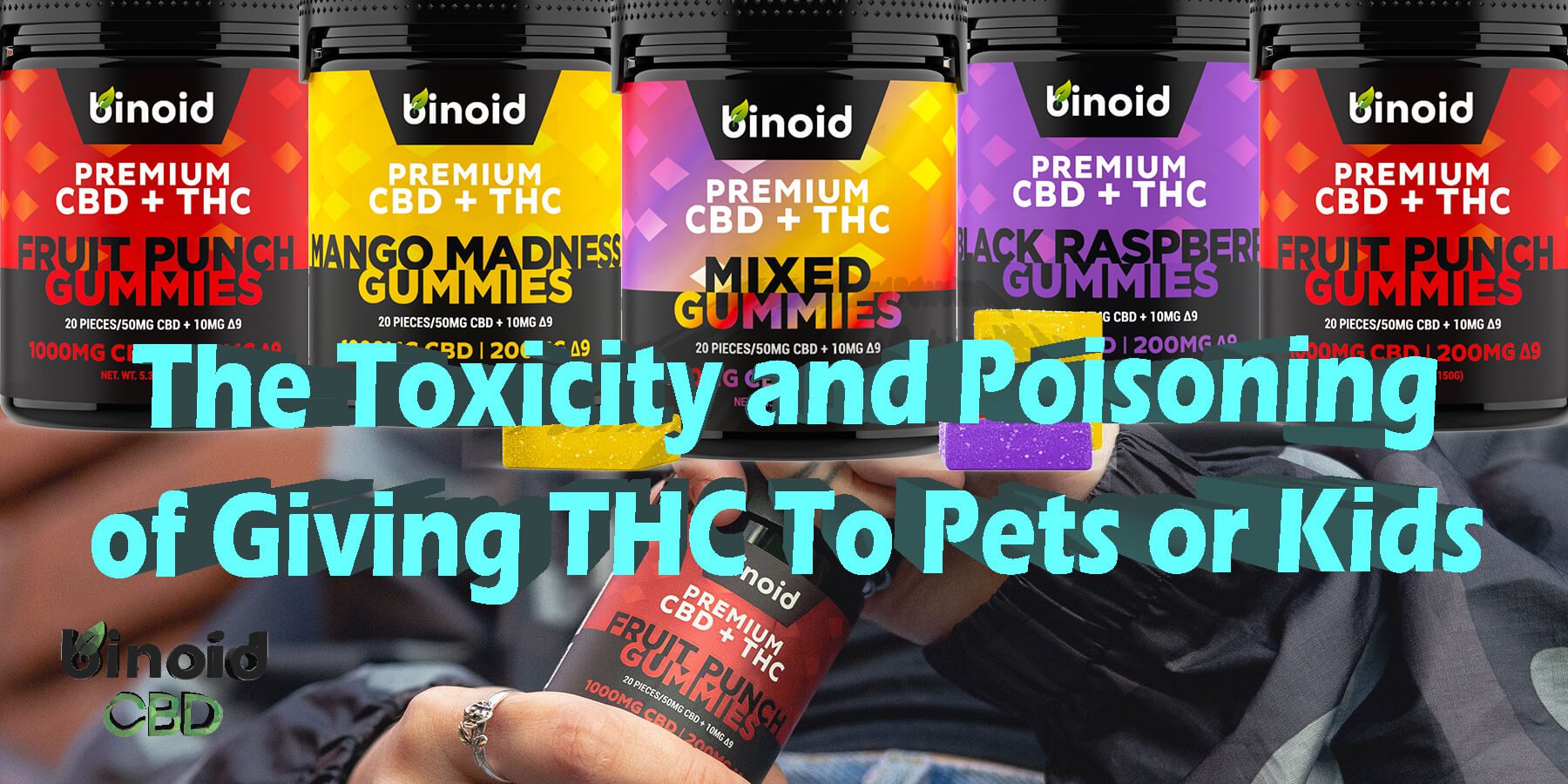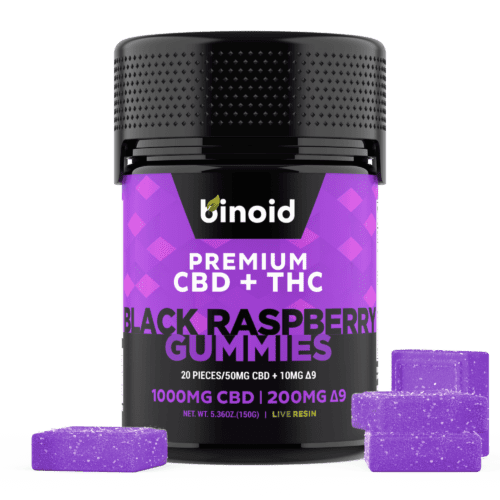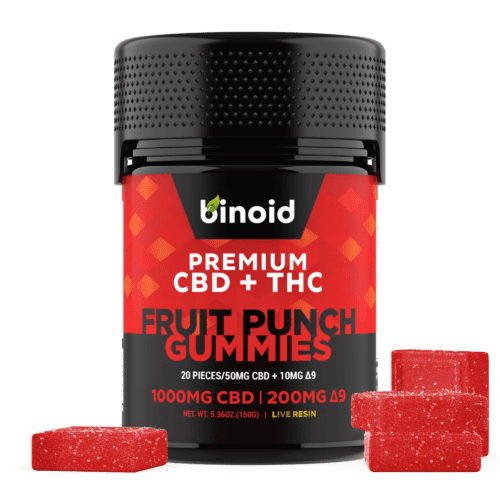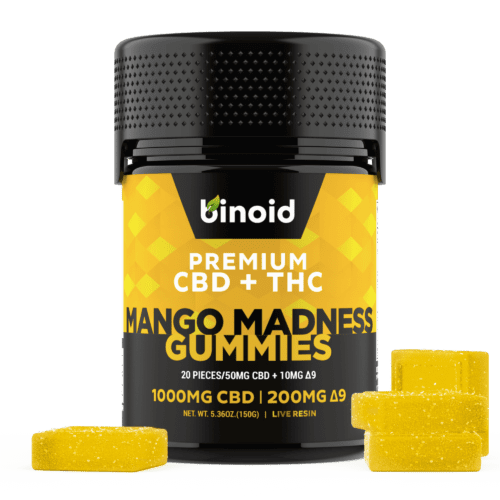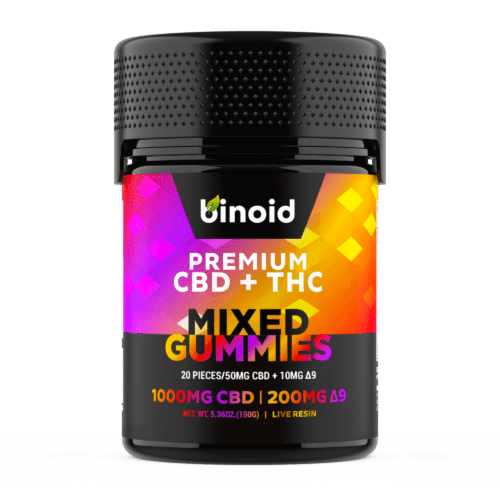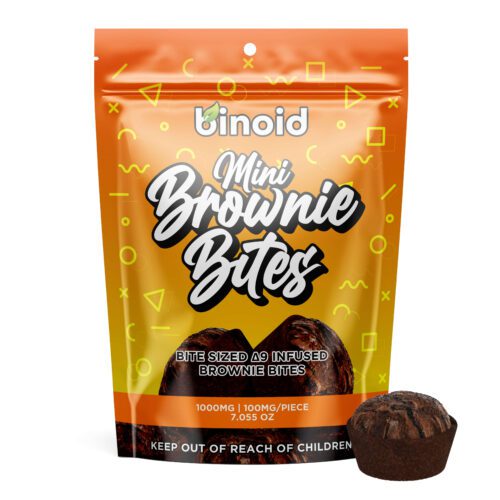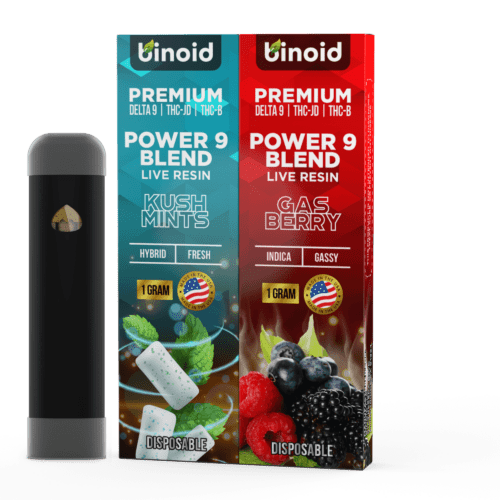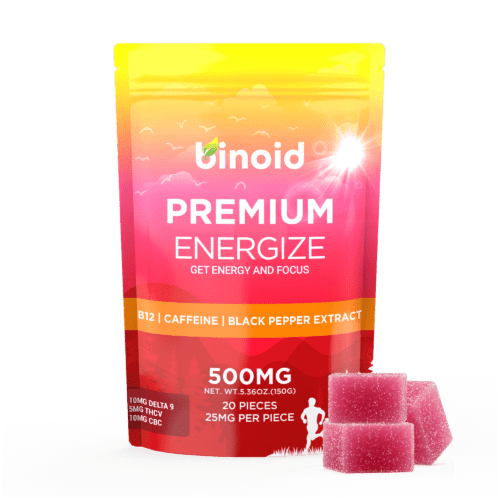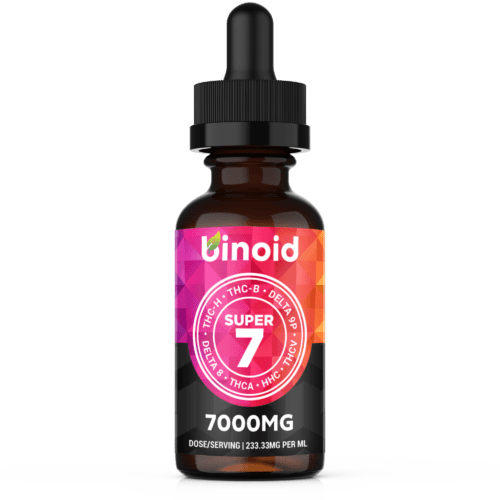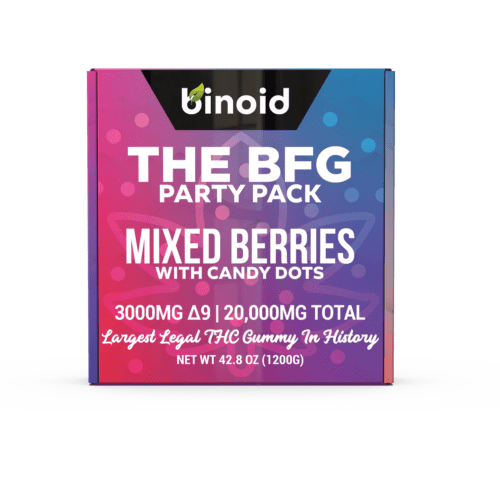Now that we have access to federally compliant delta 9 THC, we can enjoy the effects of this extremely popular cannabinoid without worrying about breaking the law because of where we live. Derived from hemp, delta 9 is a long-established valuable compound that offers all kinds of positive effects alongside our ability to get us high.
But, does that mean that it’s right for everybody? Well, not quite. We know that in general, adults can handle moderate amounts of delta 9 just fine. But, what about children, or even our pets?
The bottom line is that under no circumstances should you administer THC to either minors, or animals. Now, we can share the many reasons why.
To Buy Delta 9 THC Products Click Here
Reason #1: It Can Cause Neurological Toxicity
Delta 9 THC is a cannabinoid, and cannabinoids are classified as nontoxic compounds to adults. But, there’s something called neurological toxicity, which can occur in those whose nervous systems have not developed to process the effects of these psychoactive compounds.
Neurological toxicity is the result of the neurological system failing to properly process intoxicating cannabinoids, which can lead to symptoms like paralysis, seizures, cognitive impairment and psychosis. Both children and pets are vulnerable to neurological toxicity from delta 9, because their bodies are not capable of using the cannabinoid in the way that ours do.
Note: Some cases, this can be fatal. In other words, it’s reason enough to completely avoid letting either children or pets into your delta 9 stash.
Reason #2: Can Cause Extreme Mood and Behavioral Changes
Even if actual neurological toxicity does not occur, it’s still incredibly risky to give delta 9 THC to either pets or kids. Because they are not able to properly process the cannabinoid, there can be extreme changes to their mood or behavior including psychotic episodes, extreme aggression, agitation, anxiety, panic, hallucinations, lethargy, loss of control over bodily functions, speech issues, blurred vision…the list goes on.
These changes are extremely likely to occur even if you think you’re giving a child or pet a mild dose of the cannabinoid, because the bottom line is that their bodies are not designed to process any amount of delta-9.
Reason #3: It’s Highly Unethical
Then, there’s the matter of ethics. Basically, there’s no way to administer any intoxicating delta 9 THC cannabinoid to a child or pet in a way that’s unethical. Children and pets cannot consent to being intoxicated, and so forcing that experience on them shows a complete lack of respect for their sense of agency and autonomy.
Reason #4: It May Be Illegal
There are ways in which administering delta 9 THC to a child or pet could be viewed as endangerment, which could lead to trouble with the law. This is most likely to occur in the event of giving the compound to a child and can lead to serious repercussions including losing custody over a child.
There have been cases in the past where parents were caught giving their child THC, and then ended up in jail because of it. The one exception is parents whose children have been permitted into a state’s medical marijuana program due to having a qualifying condition. If you truly believe that your child would benefit from THC due to a serious medical condition, your child’s pediatrician is the one who should make the decision about whether or not it’s the right choice.
Reason #5: There is No Reason for It
At the end of the day, there is no reason to give delta 9 THC to a child or a pet, with the one exception being children whose pediatricians prescribe marijuana for very specific conditions. As a more general rule of thumb, all intoxicating cannabinoids should be avoided as far as pets and children are concerned. We know that delta 9 has lots of potential uses that can benefit how we feel and function each day.
But, there are plenty of non-intoxicating cannabinoids out there, including cannabidiol (CBD), which has been generally approved for both pets and children under the supervision of a medical professional. CBD can offer a lot of the specific positive effects that are found in delta 9, without the high, which is why there’s no advantage to picking delta 9 THC as the cannabinoid to administer when CBD is widely available, and not associated with major side effect concerns.
What to Do if a Child or Pet Accidentally Consumes Delta 9 THC
Now, having federally compliant delta 9 lying around the house does always mean that there’s a minute risk that a child or pet will get into it. This is why we absolutely urge you to be extremely cautious about where you store your products. Never underestimate how easily a child or pet can end up in a hiding space that’s accessible to them. Consider keeping the THC in some type of locked box, or high up where children or pets just can’t reach.
If your kid or your pet does get into your stash, we recommend seeking medical attention immediately. This way, some potential neurological effects may be able to be prevented by a trained medical professional.
Bottom Line: Both pets and children are far too vulnerable to major Delta 9 THC side effects from taking the cannabinoid, and there are better options on the hemp market that don’t come with these specific risks.

